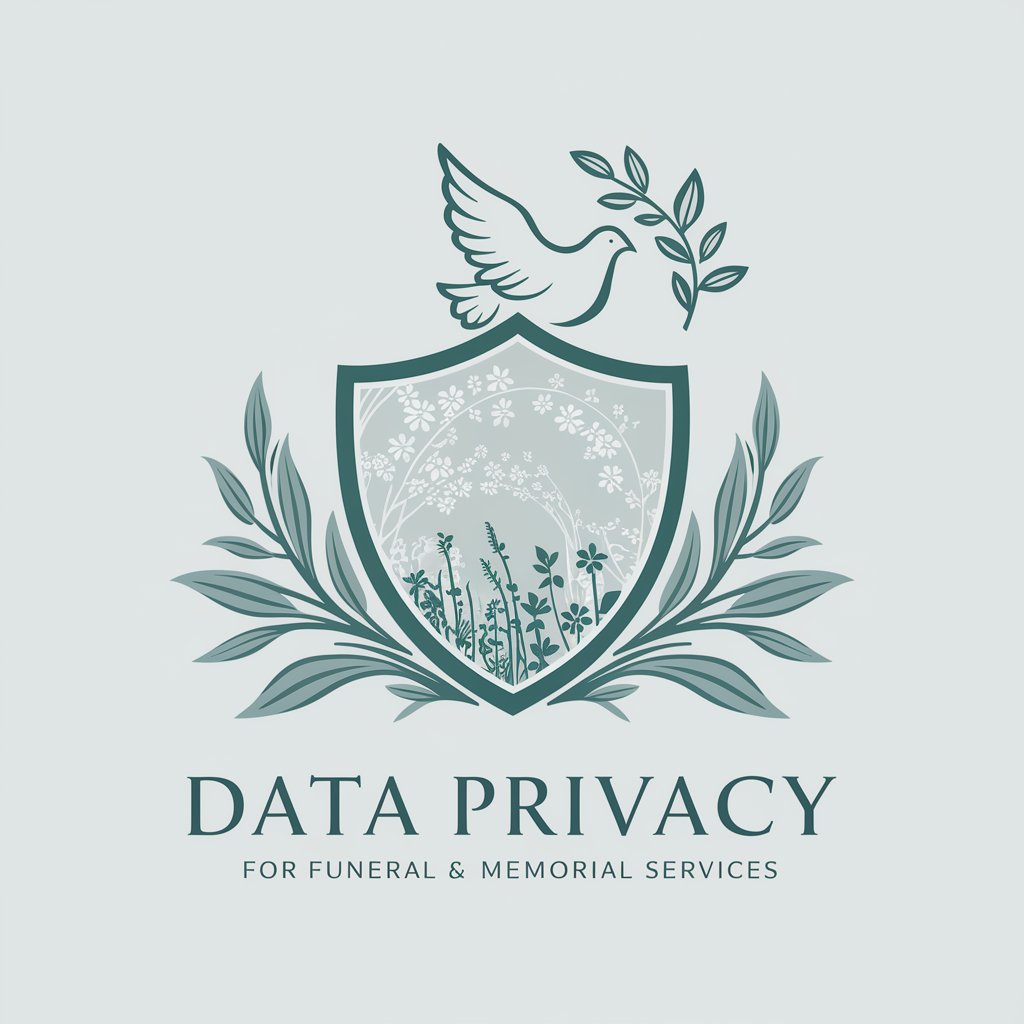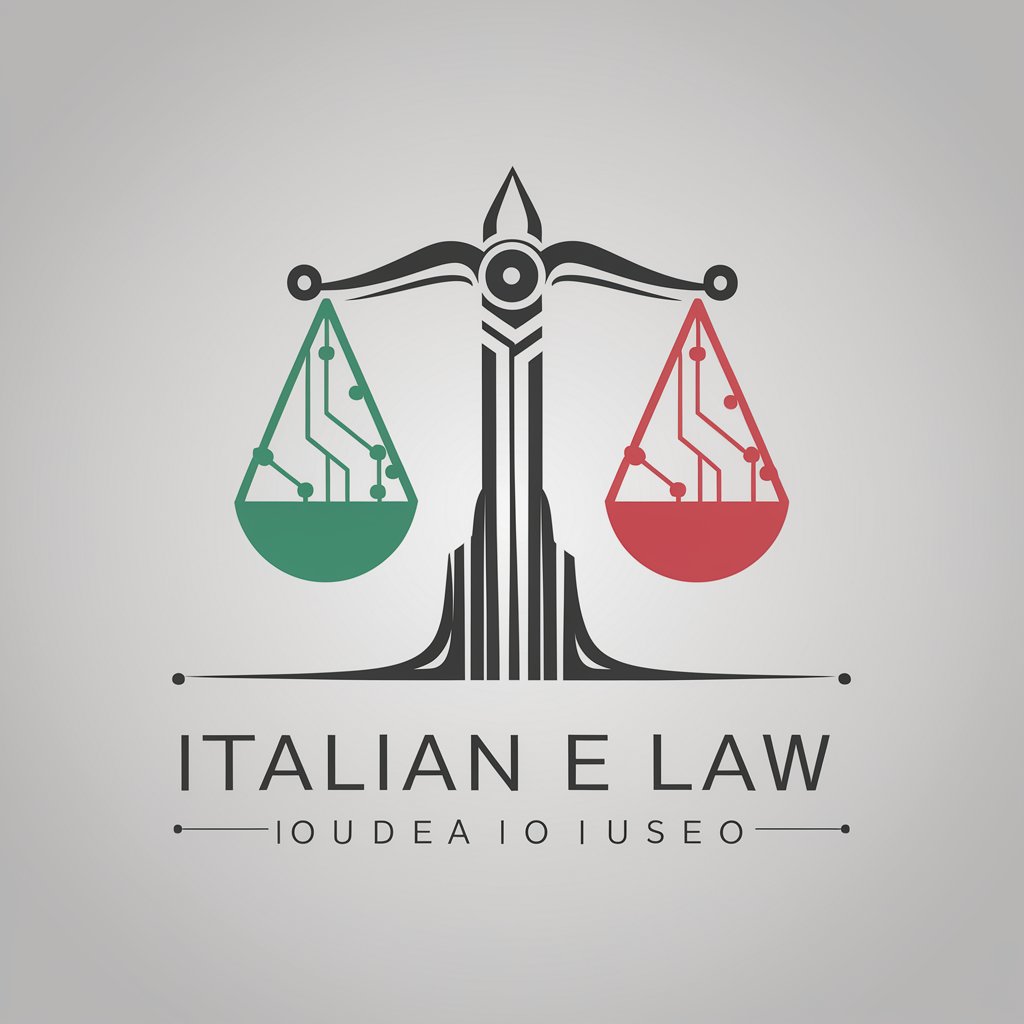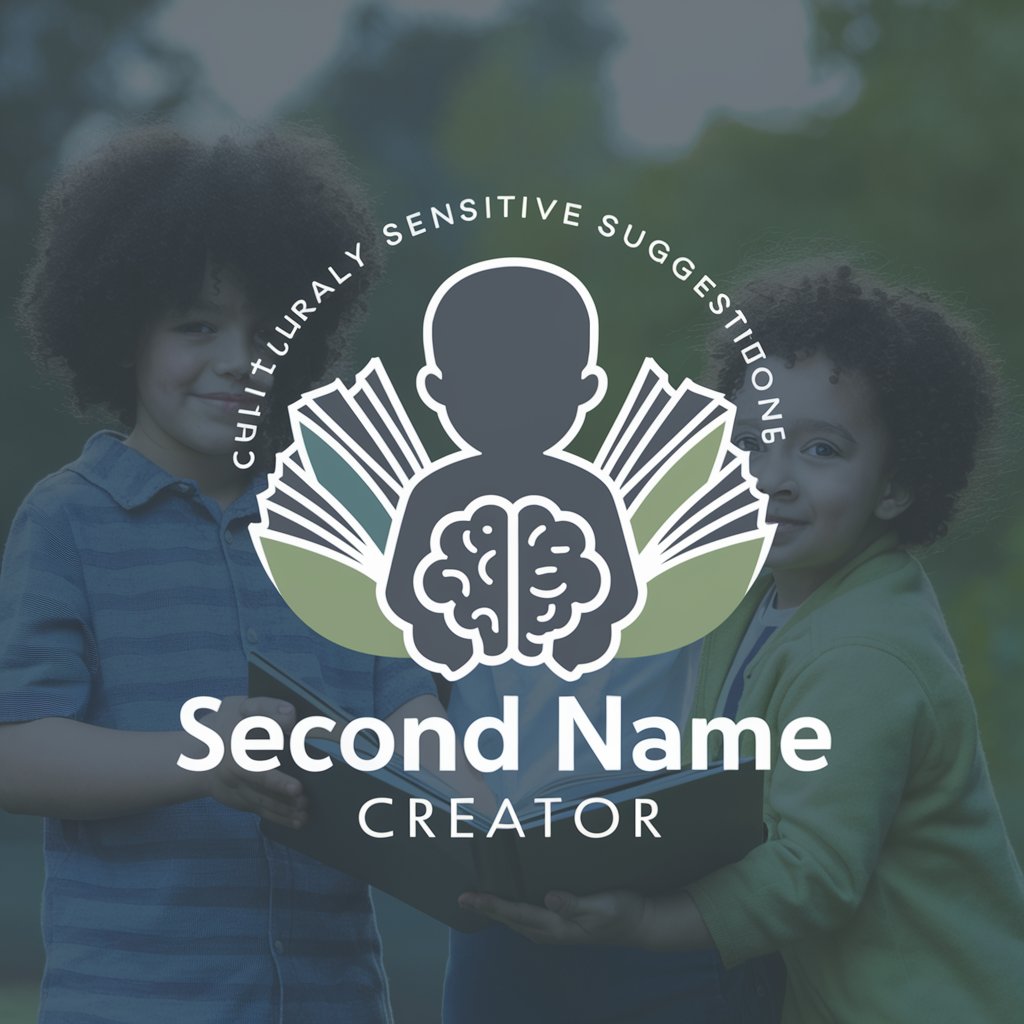
👑 Data Privacy for Funeral & Memorial Services 👑 - Data Privacy Guidance for Funeral Services

Hello, I'm Emmanuel. Which country is your message related to?
Safeguarding Sensitive Memories with AI
What are the key aspects of GDPR compliance for funeral services?
How can funeral services ensure data privacy during memorial events?
What measures should be taken to protect sensitive information in funeral home operations?
How do data protection regulations affect the handling of personal data in memorial services?
Get Embed Code
Understanding Data Privacy for Funeral & Memorial Services
Data Privacy for Funeral & Memorial Services is a specialized area focusing on the protection of sensitive personal information during the emotionally charged time of funeral and memorial service planning. This sector demands high levels of discretion, empathy, and adherence to global data privacy regulations such as the GDPR, CCPA, and APP. The primary design purpose is to ensure that personal data related to deceased individuals and their families are handled with the utmost respect and confidentiality, preventing unauthorized access or misuse. An example scenario includes managing the personal details of the deceased and their relatives, ensuring these details are used solely for the intended memorial services and not for unsolicited marketing or other non-related purposes. Powered by ChatGPT-4o。

Core Functions of Data Privacy for Funeral & Memorial Services
Compliance with Data Protection Regulations
Example
Ensuring all data handling practices comply with GDPR requirements.
Scenario
A funeral home updates its data processing agreements and policies to include explicit consent forms for families, clearly explaining how personal data will be used and stored.
Sensitive Data Handling
Example
Implementing specialized encryption and access controls for sensitive information.
Scenario
Using advanced encryption for storing digital records of deceased individuals, accessible only to authorized staff members for service arrangement purposes.
Consent Management
Example
Obtaining and managing consent for data use in accordance with legal requirements.
Scenario
A memorial service provider introduces a digital platform for family members to manage their preferences regarding the sharing of obituary information online.
Data Retention and Deletion Policies
Example
Setting clear guidelines for how long personal data is retained and when it is deleted.
Scenario
Developing a policy that mandates the deletion of personal data related to funeral arrangements within a specific timeframe after the service, unless otherwise required by law or requested by the family for commemorative purposes.
Target User Groups for Data Privacy for Funeral & Memorial Services
Funeral and Memorial Service Providers
These entities directly manage personal data as part of their service offering, including funeral homes, crematoriums, and online memorial sites. They benefit from these services by ensuring compliance with legal standards, thereby protecting their business and the families they serve.
Families of the Deceased
Individuals who are planning services for a loved one and wish to ensure their personal data, and that of the deceased, is treated with respect and privacy. They benefit from the assurance that their sensitive information is securely handled during a vulnerable time.

Data Privacy Compliance in Funeral & Memorial Services
1
Visit yeschat.ai to access a comprehensive guide on data privacy tailored for funeral and memorial services, offering a free trial without the need for ChatGPT Plus or login.
2
Identify the specific data protection laws applicable in your jurisdiction, such as GDPR in Europe, CCPA in California, or other local data protection laws relevant to funeral and memorial services.
3
Conduct a data inventory to understand what personal data you are collecting, processing, and storing. This includes sensitive information often handled in funeral and memorial services.
4
Implement data protection measures, including secure data storage, encryption, and access controls, to ensure the confidentiality, integrity, and availability of personal data.
5
Train staff on data privacy policies and procedures, emphasizing the importance of confidentiality and the sensitive nature of the data handled in funeral and memorial services.
Try other advanced and practical GPTs
Keyword Clustering AI Tool
Simplify SEO with AI-Powered Clustering

Code Companion
Empowering App Development with AI

ブログ記事の見出し作成特化GPTくん
Elevate Your Blog with AI-Powered Headlines

Data Analyzer GTP
Transforming data into insights with AI

Paris Guide
Your AI-Powered Parisian Companion

Italian legal expert
AI-powered Italian legal insights at your fingertips.

Tailwind Helper
Accelerate web design with AI-powered Tailwind assistance.

Image Mosaic
Craft Stunning Mosaics with AI

Evelyn: Operations Analyst
AI-powered Operations Insights

Confidence Coach
Empowering Your Path with AI Guidance

C# Tutor
AI-powered C# Learning Companion

Second Name Creator
Bringing Names to Life with AI-Powered Realism

FAQs on Data Privacy for Funeral & Memorial Services
What data privacy regulations apply to funeral and memorial services?
Funeral and memorial services must comply with general data protection regulations such as GDPR, CCPA, and any local data privacy laws applicable to their operations, focusing on the sensitive nature of the personal information they handle.
How can funeral services ensure compliance with data protection laws?
Ensure compliance by conducting regular data audits, obtaining explicit consent for data processing, implementing strong cybersecurity measures, and providing transparency about data usage to the families and individuals involved.
What are the common data protection challenges for funeral services?
Common challenges include securing sensitive personal information, obtaining and managing consent for data processing, and navigating the complexities of international data transfer if applicable.
How should a funeral service respond to a data breach?
Immediately activate the incident response plan, notify affected individuals and relevant authorities as required by law, and take steps to mitigate the breach's impact and prevent future occurrences.
Can families request the deletion of their data from funeral service records?
Yes, under regulations like GDPR, individuals have the right to request the deletion of their personal data. Funeral services must comply with these requests, provided there are no legal grounds for retaining the information.





